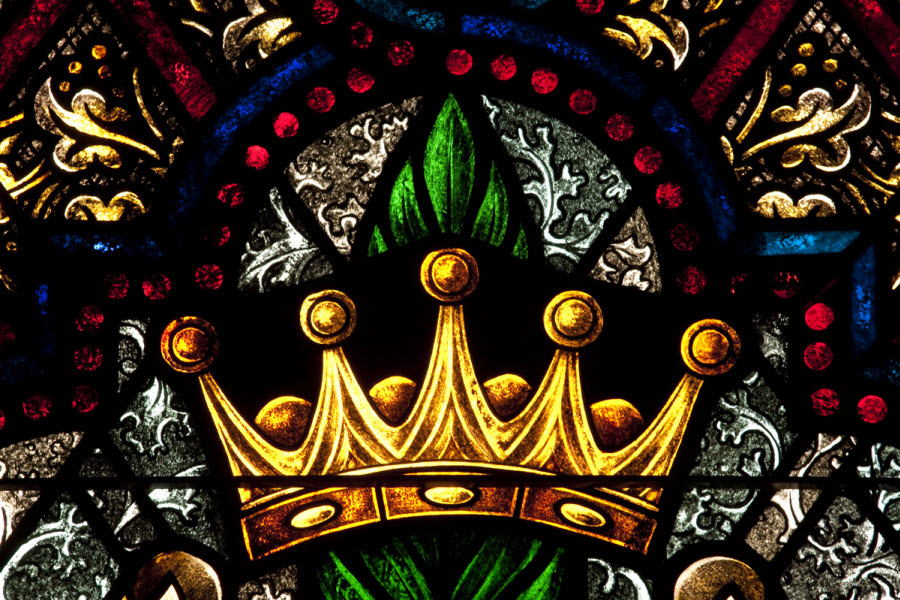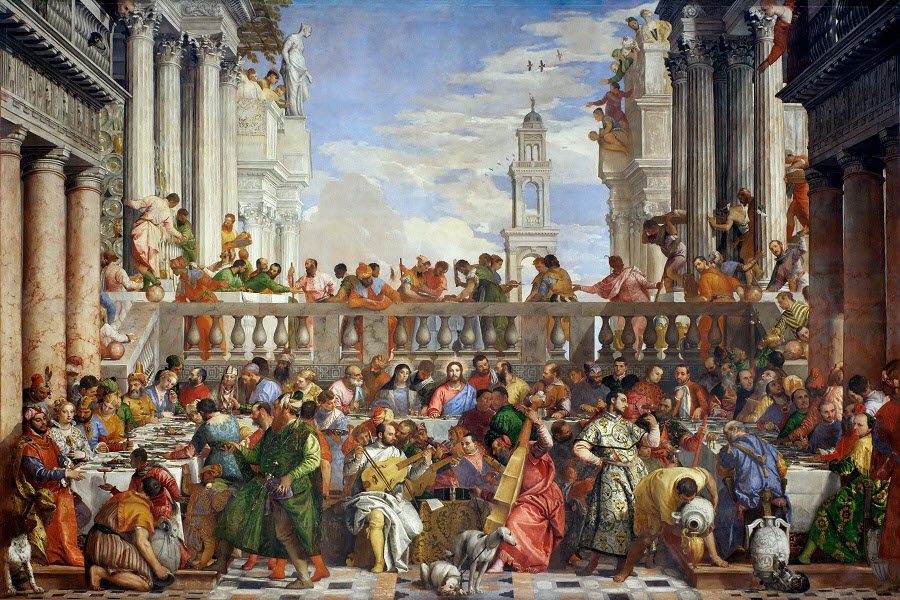
Watchful and Joyful
11-22-2020Weekly ReflectionToday is the first Sunday of Advent, the time for preparation for the birth of our Lord Jesus Christ. In Mk. 13: 33 37, Jesus reminds us of the need to be watchful, Vigilant and Joyful. Only one thing is definite: The Lord is coming. The simile of the fig tree in Vv. 2831 indicates that Jesus may arrive later than what people expected, but He will surely come. It is as definite as the growth of the tree and its cycle of life. The image of the master of the house indicates that he is unsure of his return. He can come home anytime. Thus, his servant must be watchful and vigilant, just as disciples must be watchful and prepared for Jesus’ second coming. The exact time is unknown: He wishes to hide this with us so that we will remain vigilant. The spirit of watchfulness and vigilance is necessary in every generation, for His coming to be an awaited event. Throughout the Advent Season, the Church invites us to keep our sense of watchfulness and vigilance with a joyful disposition.
READ MORE
Solemnity of Christ the King
11-15-2020Weekly ReflectionThe last Sunday of the liturgical year is the Solemnity of Christ the King, an anticipation of the Second Coming of Christ. Next Sunday, we will begin a new liturgical year with the celebration of the season of Advent. David was the second Jewish king but the most beloved, despite some moral lapses during his reign. He was the first king to consolidate the whole Kingdom of Israel. Kings in the Old Testament were “shepherds,” but among all the kings, David was considered a good shepherd. Before he became a king, he was already a good shepherd protecting his father’s flock from wild animals and even risking his life for his sheep. As a king, David continued to be a good shepherd protecting Israel from all their enemies. As a result, his son King Solomon was able to rule in relative peace and prosperity.
READ MORE
33rd Sunday Reflection
11-08-2020Weekly ReflectionIn the Gospel, Jesus tells us about the Parable of the Talents. He gives talents to each one of us according to our abilities and expects an accounting of how we managed our Talents. For everyone who has, more will be given… from the one who has not, even what he has will be taken away. (Mt. 25:29)
God is the source of all our talent, and we are just stewards. The parable also teaches the value of work, hard and honest day’s work. Are we hardworking, or hardly working, or are we pretending to be busybodies? Are we doing honest or dishonest work? In the end, the question is: Are we an asset or a liability to the world or humanity? Putting it bluntly, are we a credit or a debit to the good of creation or God’s Kingdom here on earth. We are all given talents, and Yes! Some have more talent than others. All our Talents and blessings are Godgiven. We must discover, develop, and nourish these talents for the good of the many. There are exceptional talents, like Mozart, Beethoven, Michael Angelo, or Albert Einstein, but most Talents are developed and earned. It is not the number of talents that matters. Some people have so much talent but have not become successful. Why? Of course, there are many factors, like pride, laziness, and even the timing. On the other hand, some barely have the talent but succeed and excel exceedingly. Do your best, and God will do the rest. Or people who do their best, and give their very best or their 100% always. The road of humility and hard work leads to success.
READ MORE
Be Prepared for the Lord’s Coming
11-01-2020Weekly ReflectionIt is not unusual that Jesus uses a wedding feast to describe the Kingdom of God. Jewish wedding feasts are a joyous celebration and an occasion to celebrate happiness and life. The parable illustrates that those who accept and patiently await the coming of the Kingdom and respond with repentance and faith will be allowed entry when He finally comes. The foolish virgins stand for the Jewish community, which rejected the invitation of the Lord and were not ready and vigilant for His coming. And the wise virgins are those who accept and keep the commandments, Jews and members of the new Church who hear the Word and do it. The climax of a Jewish marriage tradition is the nocturnal coming of the bridegroom into the paternal house, where the wedding ceremony takes place, followed by a grand wedding feast. The groom picks up the bride in her home, and a procession leads to the house of the groom, the paternal house. The bridesmaids wait for the groom with their lighted lamps and lead the way in a festive mood.
READ MORE